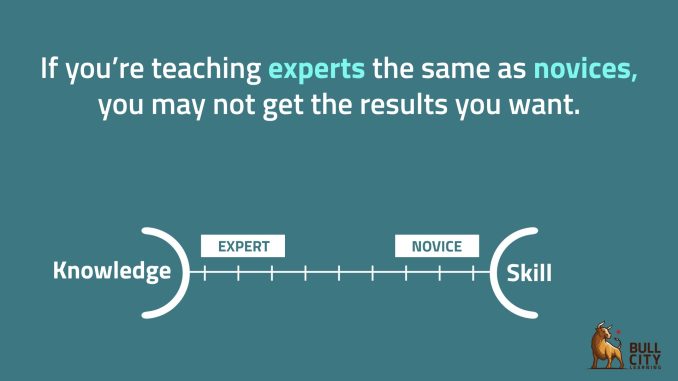
The journey from novice to expert learner is not a straight path marked by milestones and achievements—it’s a dynamic, evolving process shaped by curiosity, resilience, and reflection. At its beginning, learning is often filled with uncertainty. Novices step into unfamiliar territory, unsure of what they know or how to proceed. Their questions are broad, their understanding is shallow, and their confidence may waver. But this stage is not a weakness—it’s a fertile ground for growth. It’s where the foundation is laid, not just for knowledge acquisition, but for the habits and mindset that will carry them forward.
In the early stages, learners rely heavily on guidance. They seek structure, clear instructions, and concrete examples. This dependence is natural and necessary. Just as a new employee needs onboarding to navigate a workplace, a novice learner needs scaffolding to make sense of complex ideas. The role of mentors, teachers, or even well-designed resources becomes critical here. They provide the frameworks that help novices organize information and begin to see patterns. But the most effective support doesn’t just deliver answers—it encourages questions. It nudges learners to think critically, to explore alternatives, and to begin forming their own interpretations.
As learners gain experience, they start to shift from passive absorption to active engagement. They begin to recognize recurring themes, connect concepts across domains, and apply knowledge in new contexts. This transition is subtle but significant. It marks the move from surface learning to deeper understanding. For example, a business student who once memorized marketing terms now begins to analyze real-world campaigns, questioning why certain strategies succeed or fail. This kind of thinking reflects a growing sophistication—not just in content knowledge, but in cognitive flexibility. Learners start to see that expertise isn’t about having all the answers—it’s about knowing how to approach problems.
Mistakes play a vital role in this journey. Novices often fear failure, viewing it as a sign of inadequacy. But expert learners understand that errors are informative. They use them as feedback, as clues to refine their thinking. In fact, the ability to learn from mistakes is one of the clearest indicators of progress. Consider a software developer debugging code. A novice might feel overwhelmed by error messages, unsure where to begin. An expert, however, sees those messages as a roadmap. They know how to isolate variables, test hypotheses, and iterate toward a solution. This mindset—one that embraces complexity and ambiguity—is cultivated over time through deliberate practice.
Reflection is another hallmark of expert learning. It’s not enough to do the work; learners must think about how they’re doing it. They ask themselves what strategies are effective, where they struggle, and how they can improve. This metacognitive awareness allows them to adapt, to personalize their approach, and to become more efficient. In business, this might look like a manager who reviews their decision-making process after a failed project, identifying biases or blind spots that influenced their choices. Such reflection doesn’t just enhance performance—it deepens insight. It turns experience into wisdom.
The journey also involves a shift in motivation. Novices often learn because they have to—because of grades, deadlines, or external expectations. Experts, on the other hand, are driven by intrinsic curiosity. They find joy in discovery, satisfaction in mastery, and meaning in the pursuit of understanding. This doesn’t mean they’re immune to frustration or fatigue, but their commitment is sustained by a deeper purpose. A scientist who spends years researching a complex problem isn’t motivated by immediate rewards—they’re fueled by the desire to uncover truth. That kind of motivation is powerful, and it often emerges gradually as learners begin to see the value of their efforts.
Importantly, expertise is not a final destination. Even the most seasoned professionals continue to learn, evolve, and refine their craft. They remain open to new ideas, challenge their assumptions, and seek out diverse perspectives. This humility is essential. It prevents stagnation and fosters innovation. In business, leaders who view themselves as perpetual learners are better equipped to navigate change, inspire teams, and make informed decisions. They understand that learning is not a phase—it’s a lifelong commitment.
The journey from novice to expert learner is deeply personal, shaped by individual experiences, goals, and contexts. But certain principles hold true across disciplines. Growth requires effort, feedback, and reflection. It demands patience and persistence. And while the path may be winding, each step builds the capacity to think more deeply, act more wisely, and contribute more meaningfully. In a world that values agility and insight, the ability to learn well is not just an asset—it’s a superpower. And the journey, with all its challenges and triumphs, is what transforms potential into expertise.